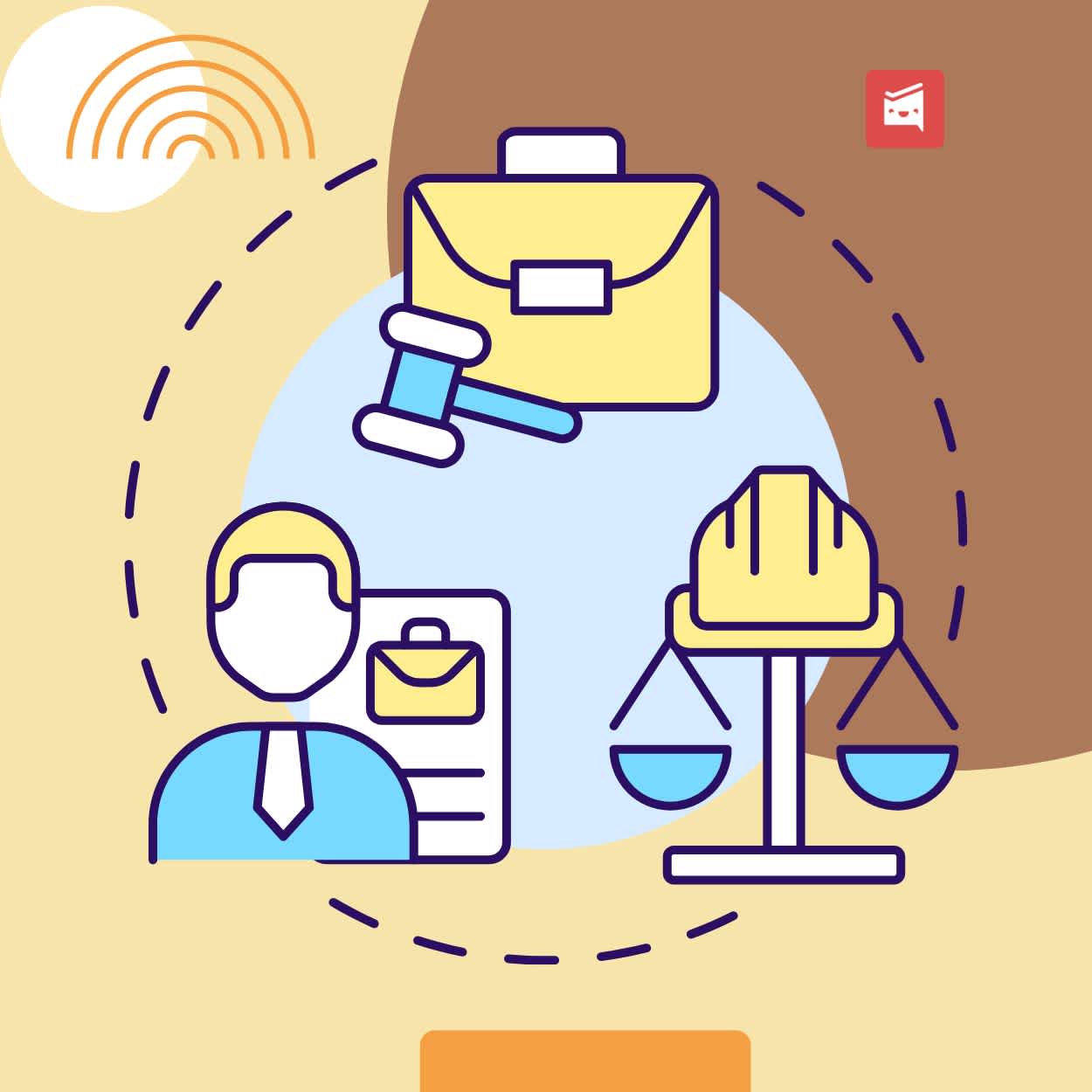How to Navigate Employment Law Issues as a Freelancer or Small Business Owner
ByJulian Gette
Workast publisher

Workast publisher
As a freelancer or small business owner, understanding employment law can be a daunting task. However, it is crucial for protecting yourself and your business. Whether you're dealing with contracts, tax obligations, or employee rights, having a grasp on these legalities can prevent future headaches.
Employment laws vary from country to country, with places like the UK and Australia having unique regulations. For example, in Australia, businesses must comply with the Fair Work Act, which governs workplace rights and obligations. Navigating these laws without expert assistance can be challenging, so consulting a professional can be beneficial. If you're operating in Australia, an employment lawyer in Brisbane can provide valuable guidance tailored to your specific situation.
If you're feeling overwhelmed, consider seeking legal advice to ensure that you're fully compliant with local laws, no matter where you're based.
Employment law encompasses a wide range of regulations that govern the relationship between employers and employees. For freelancers and small business owners, understanding these laws is essential for ensuring compliance and avoiding legal issues.
Contracts are the foundation of any professional relationship. They outline the terms and conditions of employment, including job responsibilities, payment terms, and duration. For freelancers, contracts with clients should be clear and detailed to prevent misunderstandings. Small business owners must also draft comprehensive employment contracts for their employees, covering aspects such as work hours, salary, benefits, and termination conditions.
Misclassifying workers can lead to significant legal issues. It's important to distinguish between employees and independent contractors. Employees are entitled to certain benefits and protections under employment law, whereas independent contractors operate as self-employed individuals. Understanding the criteria for each classification can help you avoid penalties and ensure proper tax reporting. A professional Agent of Record company can help ensure you are correctly classified, and that all payments are compliant.
Taxation is a critical aspect of employment law that freelancers and small business owners must navigate carefully. Failure to comply with tax regulations can result in fines and other legal consequences.
Freelancers are responsible for paying self-employment taxes, which cover Social Security and Medicare contributions. It's essential to set aside a portion of your income to meet these obligations and avoid surprises during tax season. Keeping accurate records of your earnings and expenses can simplify this process.
For small business owners, figuring out payroll taxes is a significant responsibility. This includes withholding federal and state income taxes, Social Security, and Medicare from employee wages. Additionally, employers must pay their portion of Social Security and Medicare taxes. Staying organized and using payroll software can help ensure timely and accurate tax payments.
Understanding and respecting employee rights is vital for maintaining a positive work environment and avoiding legal disputes.
The FLSA sets standards for minimum wage, overtime pay, and child labor. Small business owners must ensure compliance with these regulations to avoid penalties. This includes accurately tracking employee work hours and compensating them appropriately for overtime.
Employment laws prohibit discrimination based on race, color, religion, sex, national origin, age, disability, and genetic information. As an employer, it's crucial to create a workplace free from discrimination and harassment. Implementing policies and providing training can help foster an inclusive environment.
The FMLA allows eligible employees to take unpaid leave for certain family and medical reasons. Understanding the eligibility criteria and requirements for providing leave is essential for compliance. Small business owners should develop clear policies regarding leave and ensure employees are aware of their rights.
Ensuring a safe workplace is not only a legal obligation but also a moral one. Both freelancers and small business owners must prioritize health and safety to protect themselves and their employees.
OSHA sets and enforces standards to ensure safe and healthy working conditions. Small business owners must comply with these regulations, which include providing a hazard-free workplace, training employees on safety practices, and maintaining accurate records of workplace injuries and illnesses.
Workers' compensation provides benefits to employees who suffer work-related injuries or illnesses. It's important for small business owners to understand their state's workers' compensation requirements and ensure they have the necessary coverage. This protects both the business and its employees in case of accidents.
Navigating employment law can be complex, and seeking professional assistance can provide peace of mind. An employment lawyer can offer valuable insights and help you address specific legal challenges.
Consulting with an employment lawyer can help you understand your rights and obligations as a freelancer or small business owner. They can review contracts, advise on worker classification, and assist with compliance issues. Legal consultation can also be beneficial when facing disputes with clients or employees.
In cases of legal disputes, having a lawyer represent you can make a significant difference. Whether it's negotiating settlements, representing you in court, or handling government audits, an employment lawyer can provide the expertise needed to protect your interests.
Employment laws are constantly evolving, and staying informed about these changes is crucial for compliance and business success.
Freelancers and small business owners should invest in continuous education on employment law. This can include attending workshops, subscribing to industry newsletters, and participating in online courses. Staying informed about legal updates can help you adapt your practices and avoid legal pitfalls.
Joining professional associations and networking with peers can provide valuable insights and support. These organizations often offer resources and updates on employment law changes. Engaging with a community of professionals can also provide opportunities for learning and collaboration.
Implementing best practices can help freelancers and small business owners navigate employment law more effectively.
Clear and transparent communication with clients and employees is essential. Ensure that contracts, policies, and expectations are well-documented and communicated. This can prevent misunderstandings and foster positive relationships.
Conducting regular audits and reviews of your employment practices can help identify and address potential compliance issues. This includes reviewing contracts, payroll processes, and safety protocols. Regular audits can also help you stay ahead of legal changes and maintain best practices.
Leveraging technology can streamline many aspects of employment law compliance. Payroll software, time tracking tools, scheduling appointments, and contract management systems can help you manage your obligations efficiently. Utilizing technology can also reduce the risk of errors and improve accuracy.
Navigating employment law as a freelancer or small business owner may seem overwhelming, but with the right knowledge and resources, it can be manageable. Understanding the basics of employment law, addressing tax obligations, respecting employee rights, and prioritizing workplace safety are essential steps. Seeking legal assistance when needed and staying updated on changes in the law can further protect your business. By implementing best practices and leveraging technology, you can ensure compliance and focus on growing your business successfully.
If you need personalized advice or face specific legal challenges, consider consulting a lawyer. They can provide the expertise and support needed to navigate the complexities of employment law effectively.

